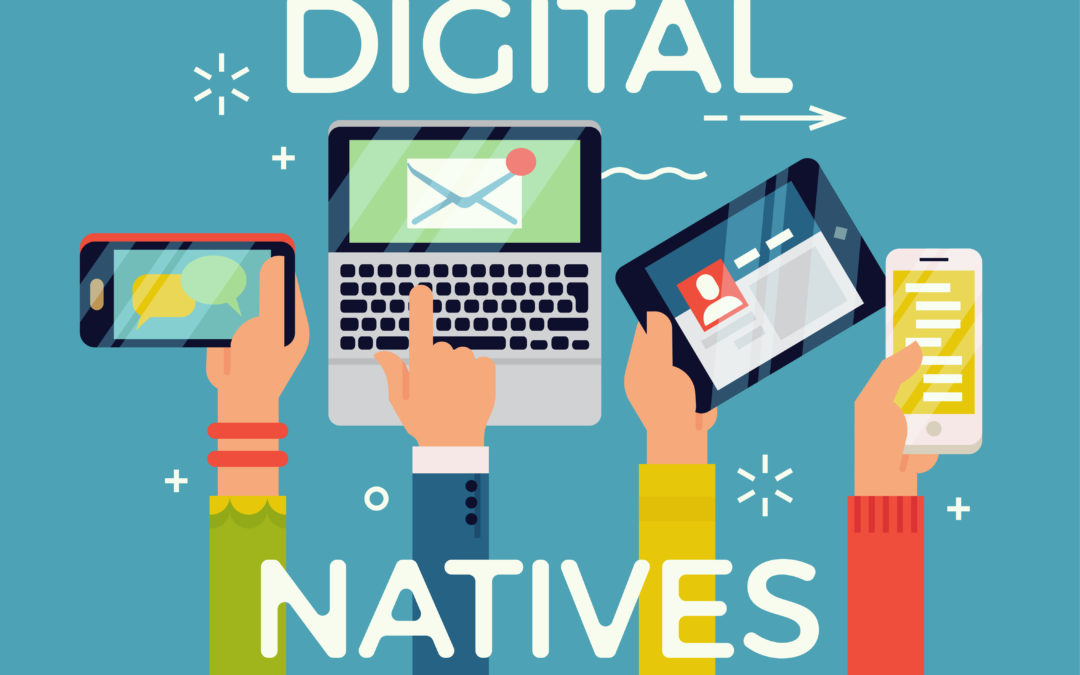By 2025, millennials will compose up to 75% of the workforce. The challenge for businesses is how to manage and motivate millennials who have grown up in a digital era. Practically speaking, businesses need to identify what the new preferred ways of working and communicating are and how they fit with the corporate culture.
Email as we know it today has been a standard of communication in the business world for many years. Employees between the ages of 21 and 28 may prefer to communicate by text. Employees of all ages may need to be coached on the proper use of email and appropriate email etiquette.
In 2013 a study conducted by IDC reported that email was the top activity on smartphones, ahead of web browsing and Facebook for users between 18 and 44 years old. Over the last five years, things have changed. Text messaging as well as other types of messaging applications such as WhatsApp and WeChat are growing in popularity as a way to communicate.
Digital Natives have grown up using multiple devices and are used to finding information quickly. They are very comfortable with technology. However, studies have shown that multiple screens have reduced attention spans. This has created issues in the workplace that need to be addressed such as identifying what to focus on and how to analyze a deluge of information and prioritize tasks.
To remain competitive, business executives are expected to focus on talent retention. As the balance of the workforce shifts to Digital Natives, it is not only important to understand how they communicate, but also to involve millennials through mentoring programs and leadership opportunities. Studies have found that this generation possess an entrepreneurial bent and values personal development.
Do you have a succession plan in place for the Digital Native?

